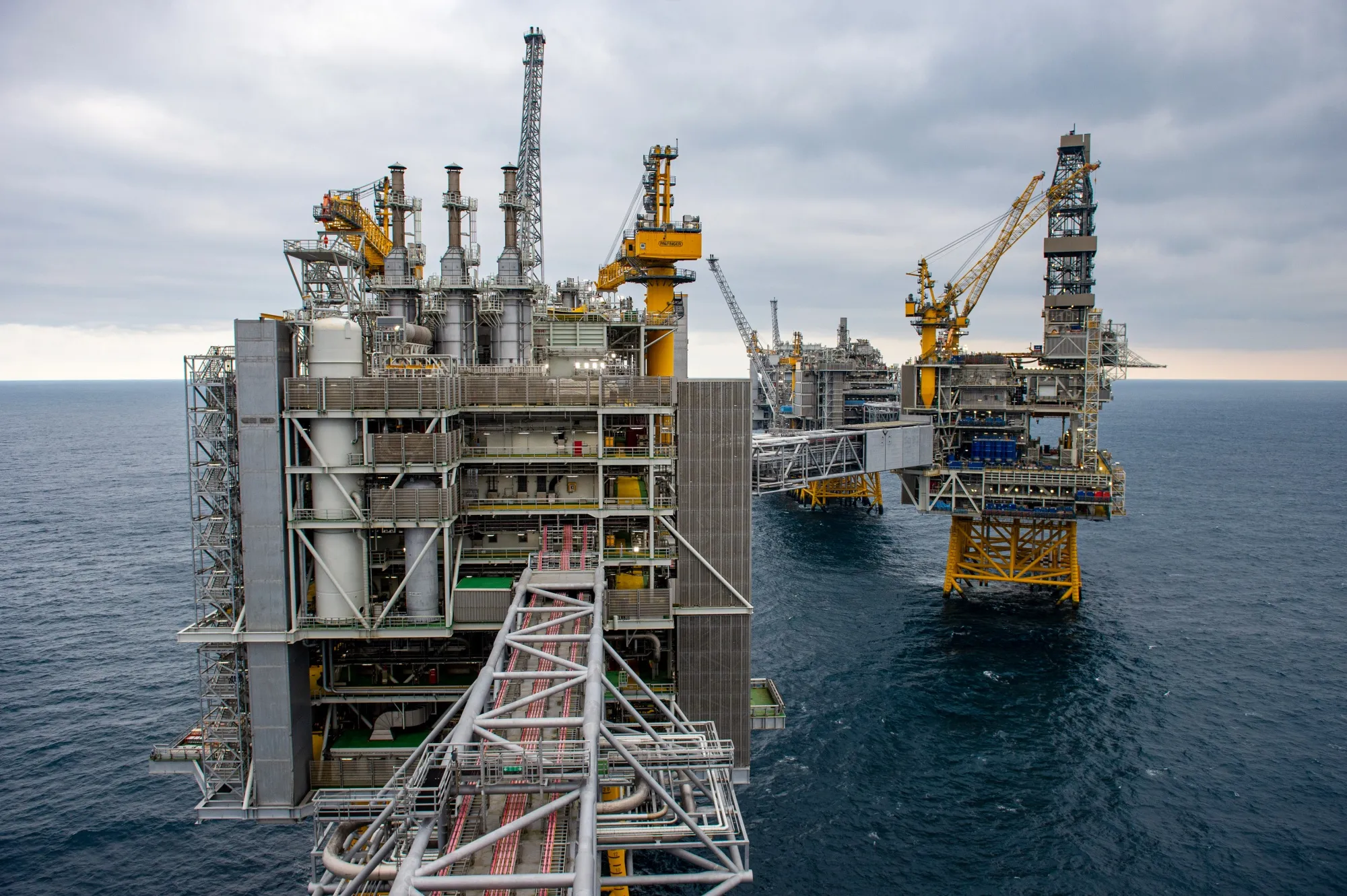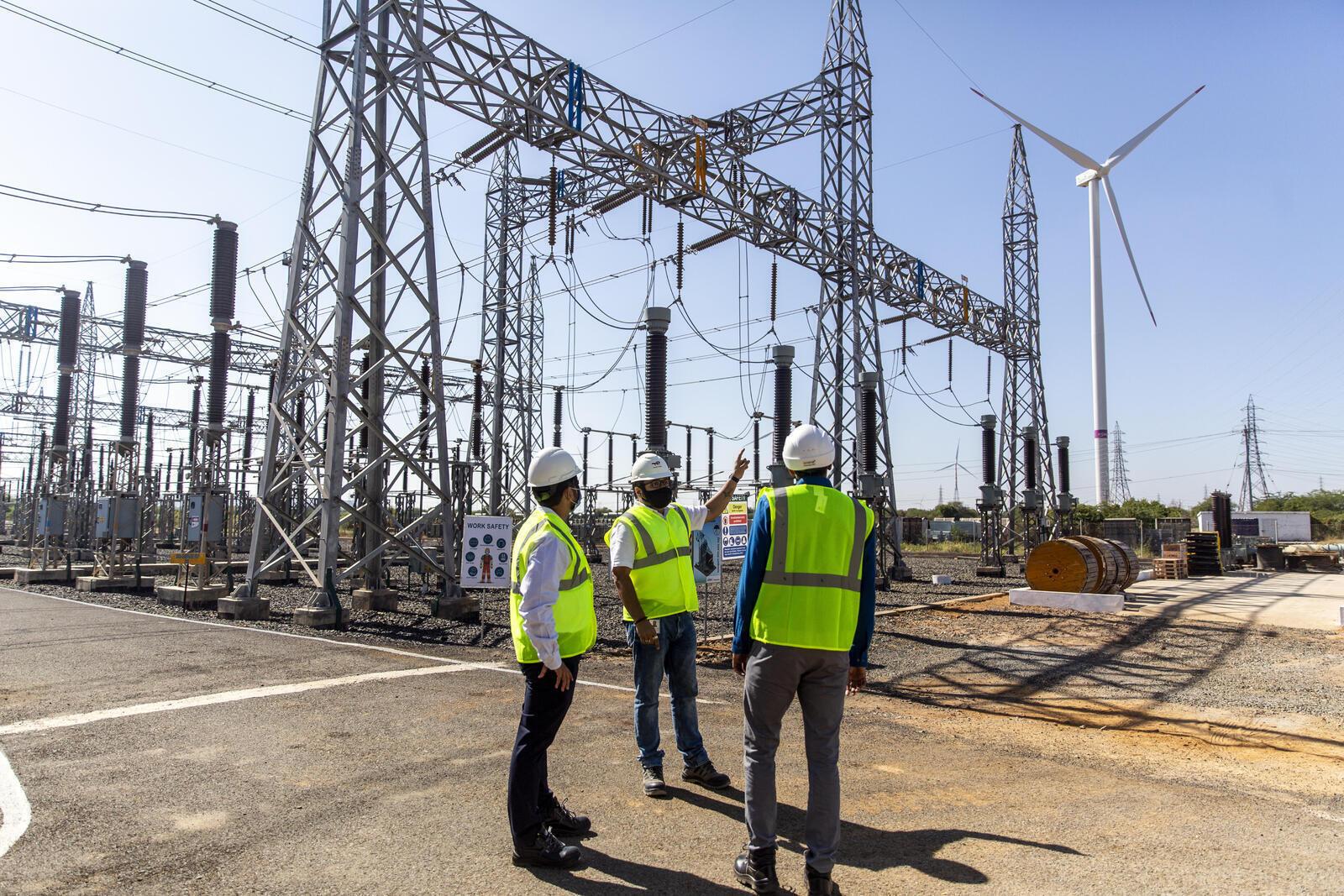ExxonMobil Bets On Nigeria’s Deepwater Oil Fields With A $1.5billion Investment Between Q2 2025-2027
ExxonMobil sequel to its divestment of its onshore assets to Seplat Energy, has affirmed its long-term commitment to Nigeria’s oil and gas sector with a planned $1.5 billion investment in deepwater exploration and development projects, a move set to reinforce confidence in the country’s upstream potential.
The planned investment, which will be executed between Q2 2025 and 2027, will focus primarily on revitalizing production at the Usan deepwater oil field.
The oil major has indicated that a Final Investment Decision (FID) is expected in late Q3 2025, pending the final approval of the Field Development Plan (FDP), along with internal and partner funding approvals.
In addition to the Usan field, ExxonMobil also revealed intentions to accelerate development activities in other key deepwater assets, including the Owowo and Erha fields. These developments are part of a broader strategy to strengthen its operational footprint in Nigeria and support the country’s drive for increased production.
ExxonMobil expresses support for NUPRC’s “Project 1 million Barrels” initiative
Mr. Harris also expressed ExxonMobil’s support for NUPRC’s “Project 1 Million Barrels” initiative, which aims to boost Nigeria’s crude oil production capacity to 2.4 million barrels per day in the medium term. He emphasized the importance of strategic collaboration between operators and regulators in achieving this ambitious target.
Responding to the development, the CCE of NUPRC, Engr. Gbenga Komolafe welcomed the announcement, describing ExxonMobil’s renewed commitment as timely and crucial for Nigeria’s upstream growth. He reiterated the Commission’s role in facilitating a stable and transparent regulatory environment, citing the importance of investor confidence in the success of the Petroleum Industry Act (PIA) reforms.
The discussions during the courtesy visit also touched on key sectoral issues, including compliance with the Domestic Crude Supply Obligation (DCSO) and the enforcement of Section 109 of the PIA, which introduces the principle of “willing buyer, willing seller” for crude oil transactions within the domestic market. In his new capacity as Chairman of the Oil Producers Trade Section (OPTS), Mr. Harris pledged to use the platform to foster stronger collaboration between industry players and the NUPRC, with a focus on addressing regulatory challenges and unlocking further investment opportunities in the sector.
ExxonMobil’s renewed capital injection into Nigeria’s deepwater assets is expected to stimulate job creation, technology transfer, and increase national oil production, ultimately contributing to improved foreign exchange earnings and energy security.


